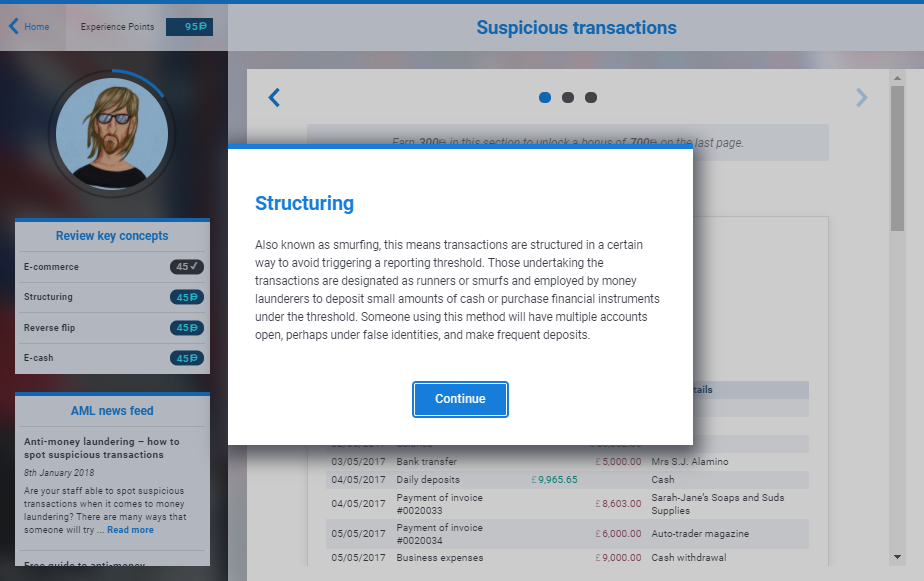Romance in the workplace has always been a tricky subject for employers and their employees. On the one hand, employers might prefer that their staff maintain strictly professional relationships. But on the other hand, employers know that banning romantic relationships is unrealistic – and only leads people to pursue undercover relationships, which then tend to surface when things go wrong.
As a result of this challenge, some employers in the US introduced love contracts, which are essentially an agreement by the two parties to the relationship, which state that the relationship is consensual and that both parties can decide to end the relationship at any time, without fearing repercussions. These contracts are believed to be motivated, at least in part, by employers’ desires to absolve themselves of responsibility in the event of a harassment claim. Love contracts can also be used to remind employees of expectations regarding appropriate behaviour in the workplace.
Love contracts may be beneficial for employees, if they can clarify the rules surrounding workplace relationships, and prevent people from suffering in silence when a relationship does not work out. But as for protecting employers from liability, this is unlikely, because employers still have an obligation to protect their workers’ rights. And employees cannot sign away their rights.
If employers are concerned about employee relationships, possibly in the light of the #metoo movement, they should review harassment and bullying policies to ensure there are no blind spots. Policies need to define the rules for all employees and give consideration for the potential power imbalance when a manager is dating a team member.
How can workplaces accommodate the inevitable romances between their employees, while also providing protections so that nobody is exploited? Many of the issues that love contracts attempt to resolve may be addressed by general workplace behaviour or code of conduct policies. The key to these documents, as always, is to ensure that they are not simply created and stored, but shared, updated and highlighted on a regular basis. Employers can’t assume that employees are aware of these policies just because they exist; attention must be drawn to them, and employees should be coached on their contents. Regular refreshers are an important way to keep the knowledge fresh in the mind – and to ensure that standards do not slip over time.
Code of conduct training from VinciWorks
We offer a suite of eLearning solutions for a range of topics, including Code of Conduct training. This is available either as an off-the-shelf package, or we can customise the learning to focus on your specific needs. Because our eLearning is completely online, it’s easy and affordable to roll out to all your employees when they need it. And refresher training can be provided as often as required.















